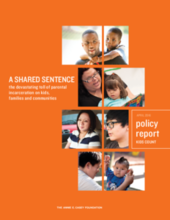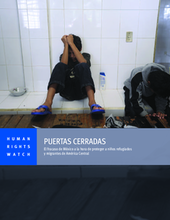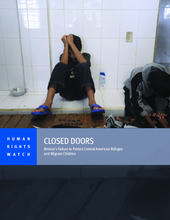Displaying 1871 - 1880 of 2221
In this study, clinical program directors from 59 residential treatment facilities in the US responded to an online survey addressing the representation of adopted youth currently being served by their organization, the extent to which adoption issues are incorporated into clinical intake and treatment processes, and the training needs of clinical staff related to adoption.
On April 18 – 19, 2016, the New York University’s Silver School of Social Work will host the conference ‘Making Extended Care Work for Foster Youth: The State of the Evidence.’
On April 18 – 19, 2016, the New York University’s Silver School of Social Work will host the conference ‘Making Extended Care Work for Foster Youth: The State of the Evidence.’
The Standards of Quality for Family Strengthening & Support are designed to help ensure that families are supported and strengthened through quality practice.
In this qualitative study, 35 experienced foster parents in the US were interviewed "explored strategies that facilitate the functional adaptation of children transitioning into their care."
In her piece for the Huffington Post Blog, Mirah Riben writes about the issue of Family Preservation, explaining its meaning and why it should be prioritized as a response for at-risk families.
This policy report from Kids Count outlines the impacts that parental incarceration has on children, and on communities as a whole, particularly in the context of mass incarceration in the United States. The report concludes with recommendations for investing in families to mediate the detrimental effects of parental incarceration, which disproportionately affects people of color in the United States.
Human Rights Watch llevaba a cabo investigación en México y Honduras en 2015 para examinar cómo México está aplicando la ley nacional e internacional en el tratamiento de migrantes centroamericanos, particularmente los niños.
Human Rights Watch conducted research throughout Mexico and Honduras in 2015 to examine how Mexico is applying national and international law in its treatment of Central American migrants, particularly children.
A woman who was adopted from China to the United States in the early 1990s has authored this moving piece for Foreign Policy, detailing her search for her birth family, and the many birth families she met along the way who miss and long for information on their “lost,” or “abandoned” daughters.



